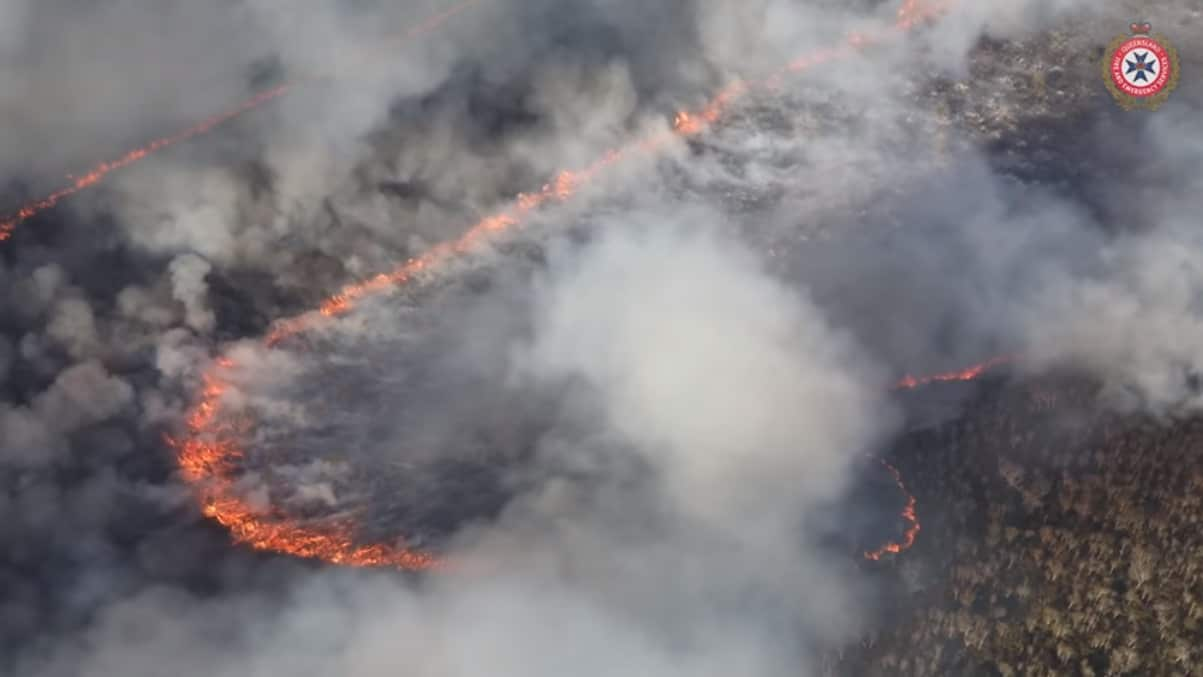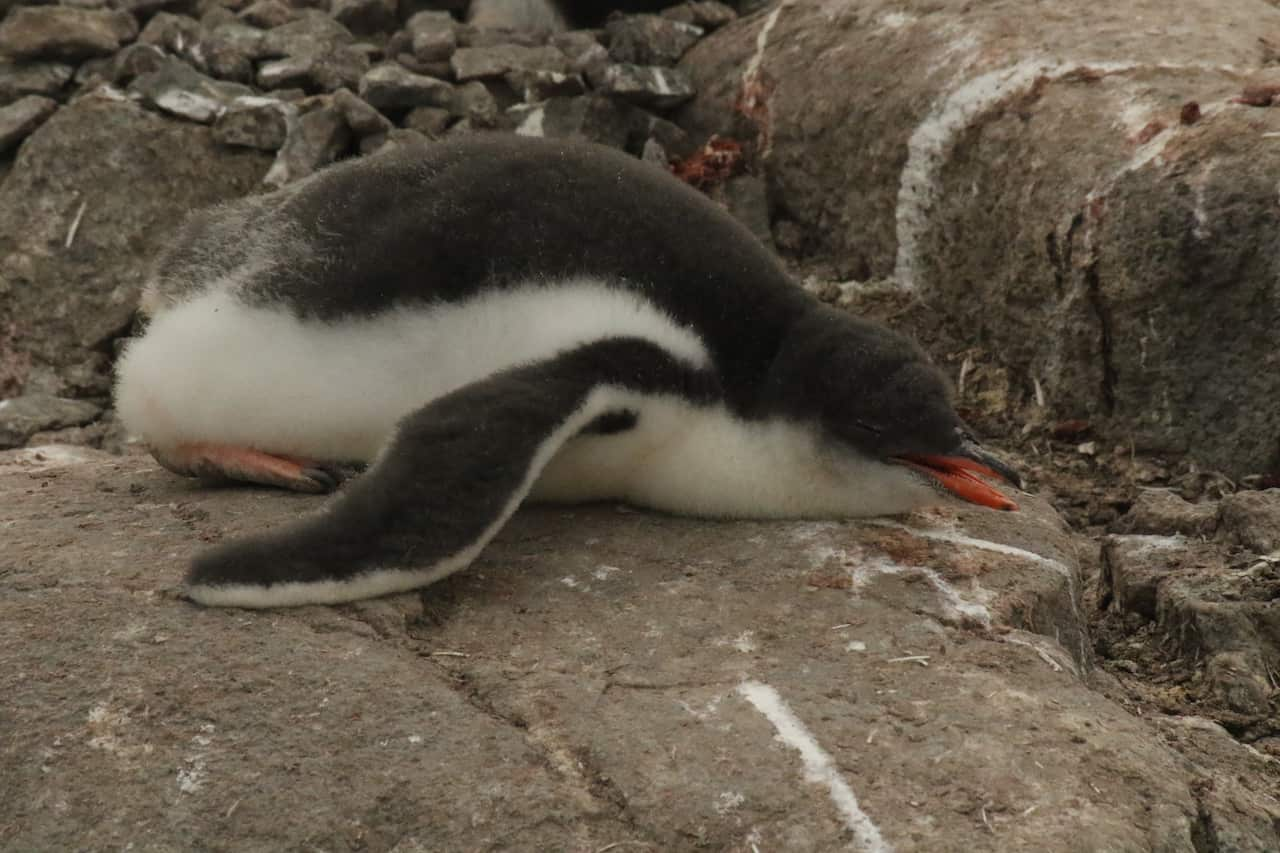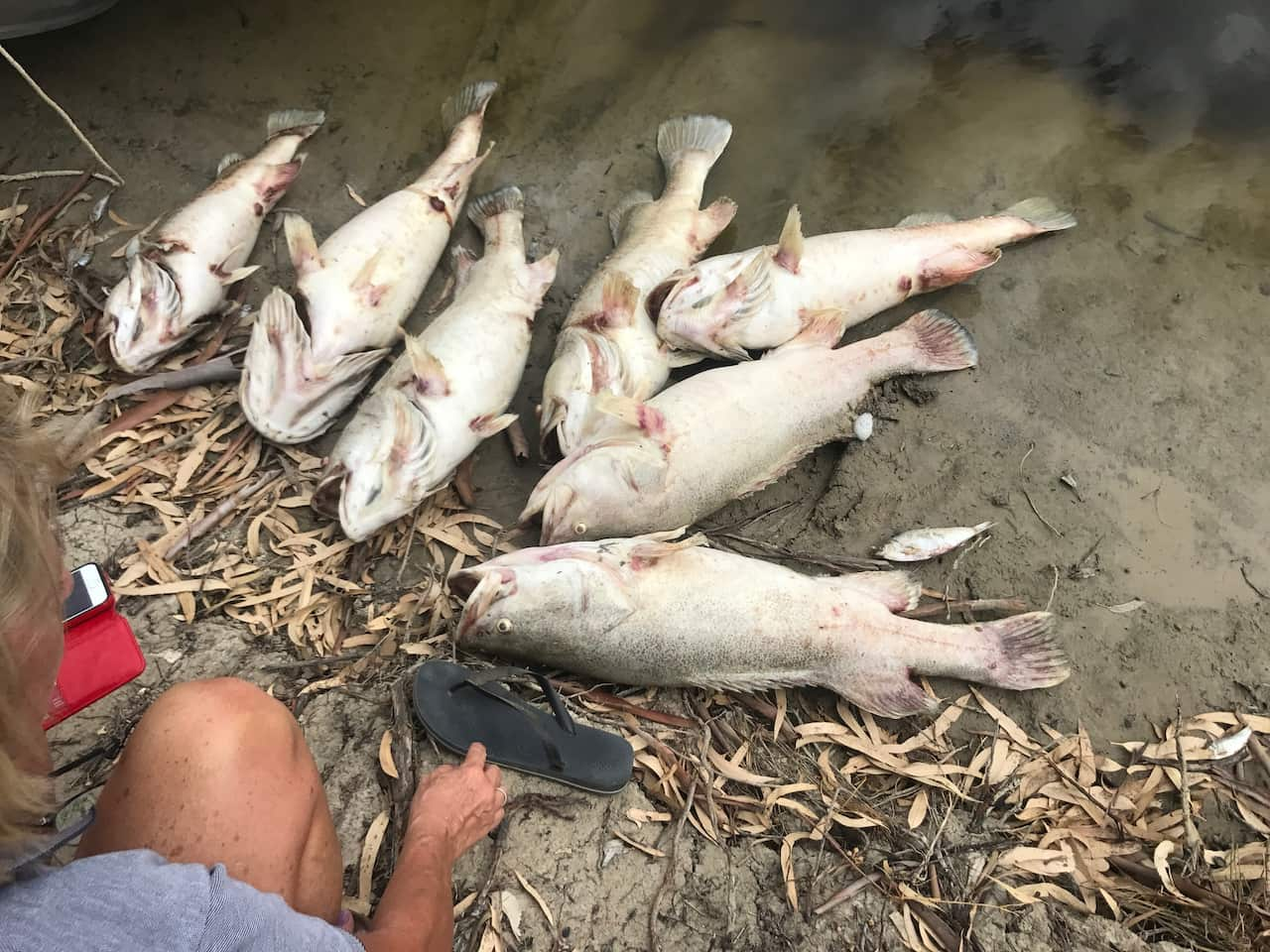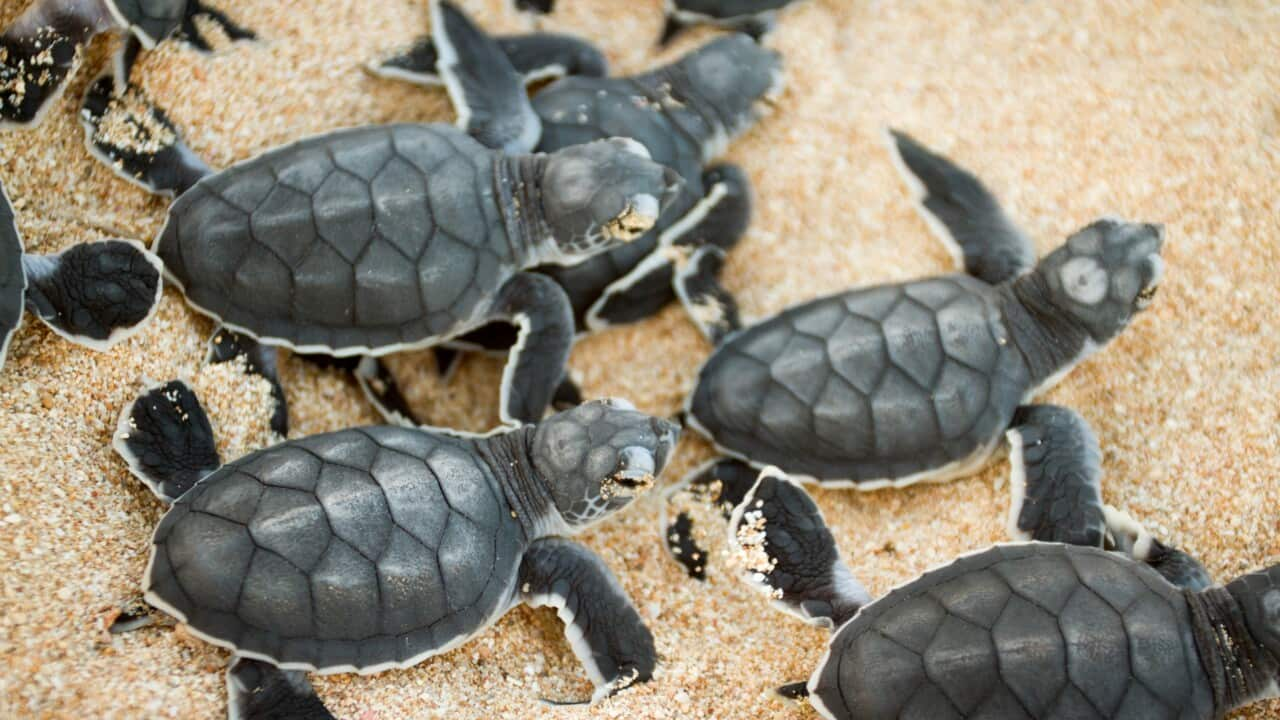Australian wildlife is under threat and forests that don't normally burn are being devastated by fire, with ecosystems already suffering from climate change, a new report suggests.
The Climate Council report found sensitive vegetation that's never been subject to fires before is burning, ringtail possums and flying foxes are dying from heatwaves and river catchments are losing mangroves due to underwater heatwaves.
"In Queensland we are seeing bushfires burning into rainforests that have basically never had bushfires before," report author Lesley Hughes told AAP.

Professor Hughes warned that climate change is not a future problem but a problem that needs to be addressed now.
"What we are seeing is devastating impacts that have occurred with about one degree of warming," she said.
"It's not just rising average temperatures, just having one or two really hot days can wipe out a whole species."
The council found sea levels in northern Australia are rising about twice the global average, which is threatening wetlands in the Northern Territory's iconic Kakadu National Park.
Rising temperatures are also threatening the endangered Carnaby's black cockatoo, which is found in southwestern Australia, because it is very susceptible to heat stress.

The warming weather also puts at risk green turtles, with the report finding 99 per cent of the animals hatching in the northern Great Barrier Reef are female.
"When the temperature is over 29C green turtles will hatch into females ... the future impacts on the population are devastating," Prof Hughes said.
The council called on the federal government to take a bolder approach to conservation to ensure Australia's ecosystems are resilient to the increasing extreme weather experienced across the nation.
"Australia has long been regarded as one of the most vulnerable developed countries to the impacts of climate change," Prof Hughes said.
"The government is frankly not dealing with the situation at all."
The council criticised Australia's conservation record, with the nation having one of the highest rates of species extinctions.
"Australia is home to more than a million species of plants and animals yet our track record on conservation is woeful; climate change is making it even harder to protect them," chief councillor Tim Flannery said in a statement.


